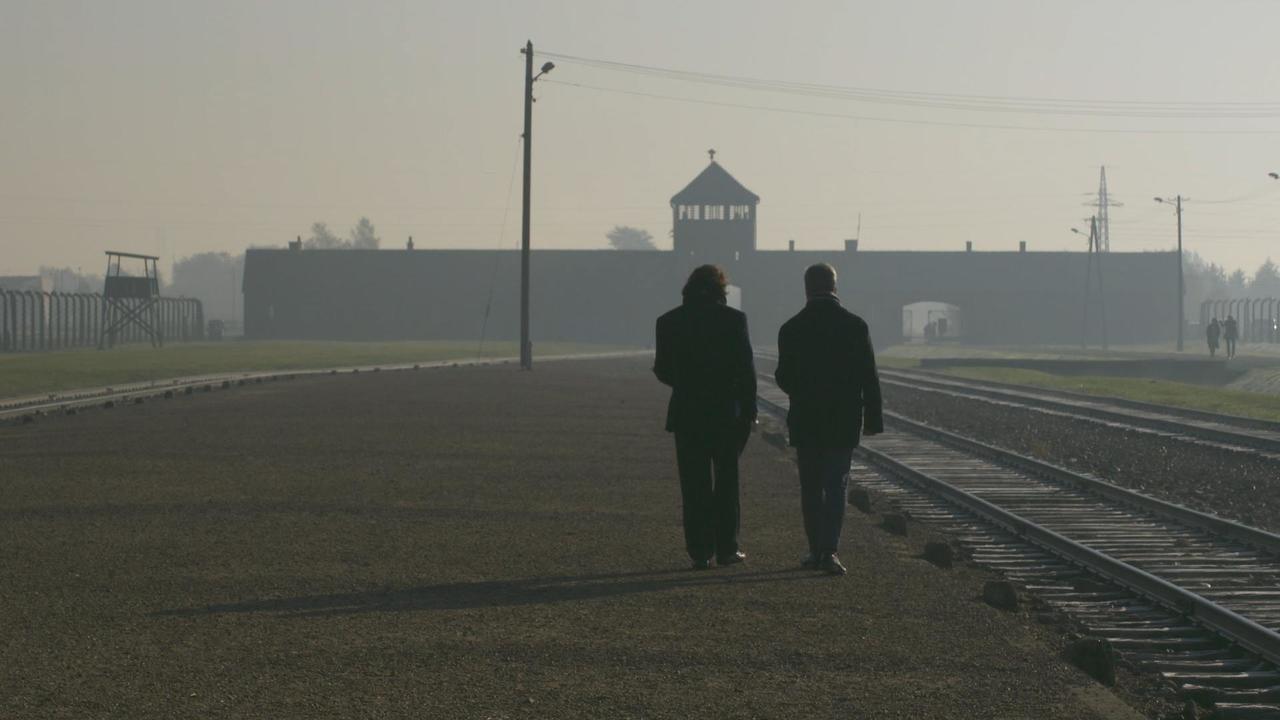
More than 6 million people, most of them Jews, died in the Holocaust, but their music did not, thanks in part to the extraordinary work of Francesco Lotoro. An Italian composer and pianist, Lotoro has spent 30 years recovering, performing, and in some cases, finishing pieces of work composed in captivity. Nearly 75 years after the camps were liberated, Francesco Lotoro is on a remarkable rescue mission, reviving music like this piece created by a young Jewish woman in a Nazi concentration camp in 1944.
Jozef Kropinski, a Roman Catholic, was 26 when he was caught working for the Polish resistance and sent to Auschwitz, where he became first violinist in the men’s orchestra and started secretly composing, first for himself, and then for other prisoners. In 1942, he wrote this piece that he titled “Resignation”.
Kropinski wrote hundreds of pieces of music during his four years of imprisonment, at Auschwitz and later at Buchenwald, including tangos, waltzes, love songs, even an opera in two parts.
Still more astonishing, he composed most of them at night, by candlelight, in a tiny room the Nazis diabolically called a pathology lab, where during the day, bodies were dismembered. Other prisoners had secured the space for kropinski so he could have a quiet place to compose.
In April 1945, as the Allies approached Buchenwald, the camp was evacuated and inmates were forced on a death march. Kropinski was able to smuggle out his violin and hundreds of pieces of music, some hidden in his violin case and others in a secret coat pocket, but only 117 survive today. On the march, he sacrificed the rest to build a fire for his fellow prisoners.
Aleksander Kulisiewicz, a Pole imprisoned by the Gestapo for anti-fascist writings and deported to Sachsenhausen Concentration Camp in 1939.
During more than five years of imprisonment, Kulisiewicz became something of a “camp troubadour,” helping inmates cope with their hunger and despair, and performing songs like this at secret gatherings. But he didn’t just compose and sing. He also used his extraordinary powers of recall, memorizing hundreds of songs by other prisoners, which he dictated to a nurse after the war, so they could be recorded.